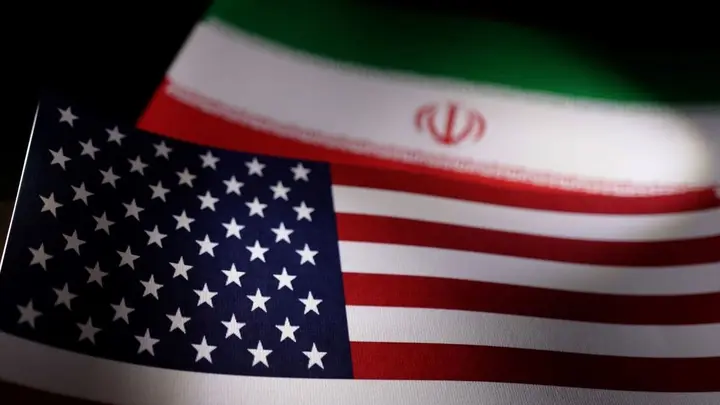The United States and Iran are set to begin critical nuclear negotiations today in Oman, aimed at forging a new agreement on Tehran’s nuclear activities.
According to Iranian media reports, the main focus of these discussions will be to outline the framework for a renewed nuclear accord. Iranian Foreign Minister Abbas Araghchi and US Special Envoy for the Middle East Steve Oetkoff are expected to participate in indirect talks.
However, the White House has stated that direct negotiations will take place, reaffirming its commitment to preventing Iran from developing nuclear weapons.
Steve Oetkoff arrived in Oman after meeting with Russian President Vladimir Putin, indicating that Washington may seek Moscow’s support in resolving the Iranian nuclear standoff.
Earlier, US President Donald Trump gave Iran a two-month deadline to scale back its nuclear program. He warned that failure to do so could result in military action, potentially led by Israel.
Meanwhile, Iranian Supreme Leader Ayatollah Ali Khamenei is reportedly under increasing pressure from top officials to authorize negotiations with the US. A report by The New York Times revealed that Khamenei recently met with senior judiciary and parliamentary leaders who urged him to allow talks, citing fears of US or Israeli strikes on Iran’s nuclear sites in Natanz and Fordow.
Iranian Parliament Speaker Mohammad Baqer Qalibaf and President Masoud Bezhjiyan have also warned that a military conflict could plunge the country into economic chaos and trigger widespread unrest. They highlighted the ongoing crises including electricity shortages, water scarcity, and the shutdown of schools and government offices in cities like Yazd.
The report also stated that Khamenei has agreed to negotiations under strict conditions. Iran is reportedly open to limiting uranium enrichment and accepting more rigorous inspections but remains unwilling to include its missile program in the discussions—a point many view as a potential deadlock.
For the first time, Tehran has also signaled readiness to address its regional activities, including support for groups such as Hamas, Hezbollah, and the Houthis in Yemen. However, Iranian officials continue to deny any intent to develop nuclear weapons, despite enriching uranium to 60%, a level that raises concerns over possible weaponization.
President Trump reiterated that the US will not tolerate Iran acquiring nuclear arms, warning that a breakdown in talks could result in a “very bad day” for Tehran.
Iranian Foreign Ministry spokesperson Ismail Baqai expressed hope on Friday, stating that Iran was approaching the talks with “good intentions and full vigilance,” and called on the US to recognize this opportunity for diplomacy.
Ali Shamkhani, an advisor to Khamenei, confirmed that Araghchi had started indirect negotiations with full authority. He stated that if the US demonstrates genuine commitment, there is a clear route toward reaching an agreement.
Reactions within Iran remain divided. Hardline media outlets have voiced distrust over the talks, while reformist platforms emphasize the potential for economic recovery and foreign investment.
Prior to his arrival in Oman, Oetkoff held nuclear consultations in Russia with officials from Iran, China, and Russia—an indication of broader geopolitical involvement in the resolution of Iran’s nuclear issue.
Western powers, especially Germany, have urged both sides to pursue diplomacy, viewing the renewed US-Iran dialogue as a positive and necessary development.










